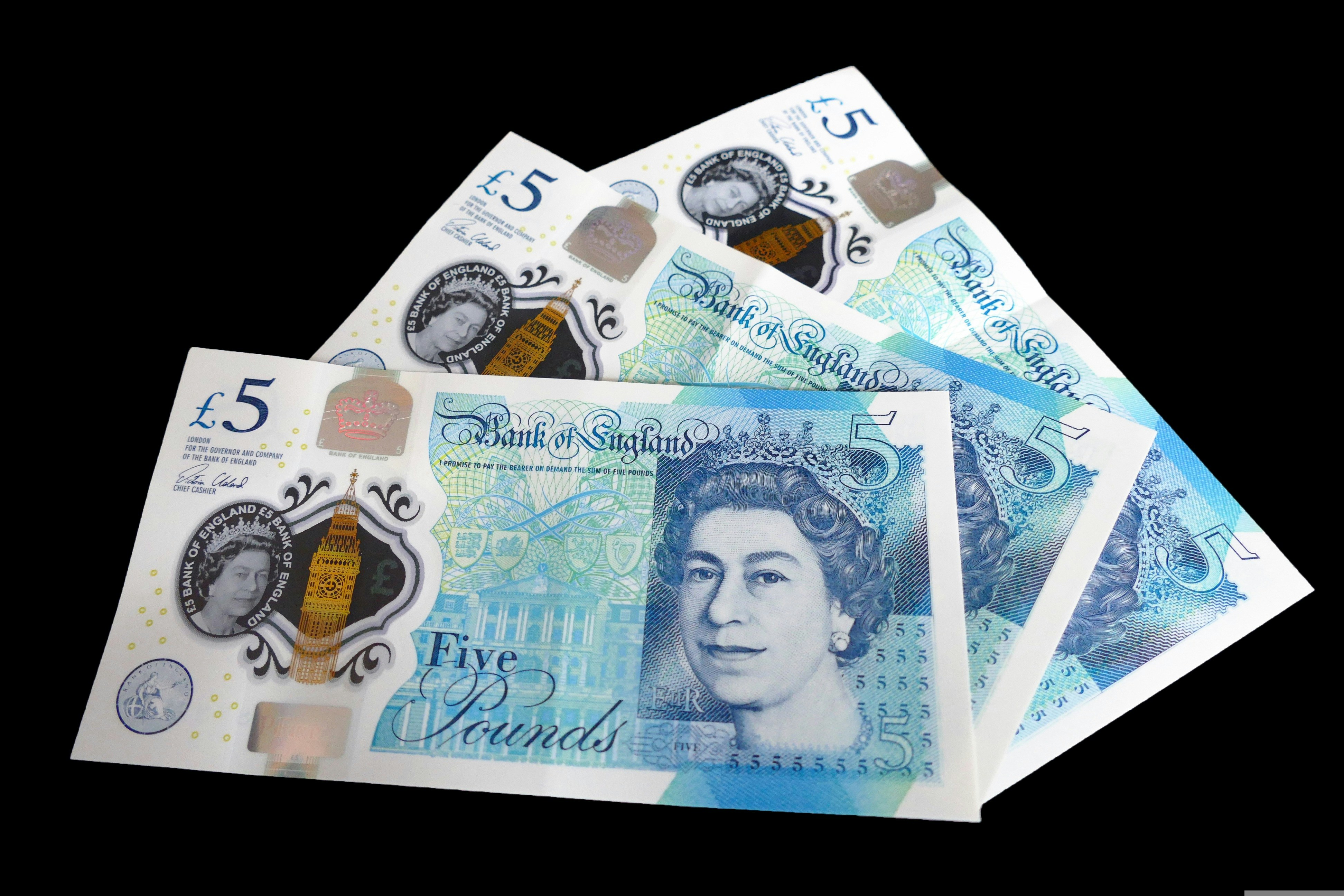Sterling Soars To 21-Month High Versus Euro On Delayed Rate Cut

London, UK — Sterling has soared to a 21-month high against the euro as investors adjust their expectations regarding interest rate cuts. The market now anticipates the Bank of England (BoE) will delay reducing borrowing costs compared to the European Central Bank (ECB), driving the pound’s recent rally.
Background
Recent trends in the foreign exchange market have shown a notable strengthening of the British pound against the euro. Historically, the pound and euro have experienced various fluctuations influenced by economic policies, geopolitical events, and market sentiment. Currently, economic conditions and divergent monetary policy outlooks between the UK and the Eurozone are significantly impacting exchange rates.
Factors Contributing to Sterling’s Rise
The primary driver behind sterling's ascent is the changing expectations about interest rates. The Bank of England has signaled a more cautious approach towards lowering interest rates, primarily due to persistent inflation concerns. In contrast, the European Central Bank is expected to cut rates sooner to stimulate economic growth amidst slower economic performance in the Eurozone.
Comparing economic indicators, the UK is grappling with high inflation rates, prompting the BoE to maintain higher interest rates to control price increases. Meanwhile, the Eurozone faces slower economic growth and lower inflation, leading to expectations that the ECB will implement rate cuts to support the economy. Employment data also reflect these disparities, with the UK showing relatively robust job numbers compared to the Eurozone’s more sluggish labor market.
Market Reactions and Investor Sentiment
The shift in interest rate expectations has significantly influenced market reactions and investor sentiment. Investors have increasingly favored sterling assets, seeking higher yields amidst the anticipation of prolonged higher interest rates in the UK. This sentiment has led to increased investment flows into sterling-denominated assets, further boosting the pound’s value.
Conversely, the euro has seen decreased investor interest due to the anticipated rate cuts and slower economic growth in the Eurozone. This divergence in market sentiment is evident in the foreign exchange market, where positions favoring the pound over the euro have become more prominent.
Implications for the UK and Eurozone Economies
The strong pound has several potential implications for the UK economy. On one hand, a stronger currency can reduce the cost of imports, benefiting consumers and businesses reliant on imported goods. On the other hand, it can negatively impact export competitiveness, making UK goods more expensive for foreign buyers and potentially reducing export volumes.
For the Eurozone, a weaker euro could provide a stimulus by making exports more competitive globally, which may help counteract the economic slowdown. However, it also poses challenges, such as increased import costs and potential inflationary pressures within the Eurozone economies.
Expert Opinions and Forecasts
Economists and financial analysts offer varied insights into the currency trends. Many agree that the sterling’s strength is a result of the BoE’s cautious stance on rate cuts amidst persistent inflation. Predictions for future movements of sterling and the euro hinge on the ongoing economic data and central bank policies. Analysts suggest that any unexpected shifts in economic indicators or policy directions could alter the current trajectory of the exchange rates.
Factors such as geopolitical developments, trade policies, and global economic conditions will also play crucial roles in shaping the future dynamics of the GBP/EUR exchange rate.
Conclusion
Sterling’s rise to a 21-month high against the euro highlights the significant impact of interest rate expectations and economic conditions on currency markets. The divergence in monetary policy outlooks between the Bank of England and the European Central Bank has driven investor sentiment, favoring the pound. As the economic landscape continues to evolve, the future movements of the GBP/EUR exchange rate will be closely watched by investors and policymakers alike. The current strength of the pound underscores the broader economic context and the importance of central bank policies in influencing currency values.
Author: Ricardo Goulart
Gyrostat Capital Management: Why Risk Management Is Not About Predicting Risk
Why Risk Management is Not About Predicting Risk Financial markets reward confidence, but they punish certai... Read more
Gyrostat January Outlook: Calm At Multiyear Extremes
This monthly Gyrostat Risk-Managed Market Outlook does not attempt to forecast market direction. Its p... Read more
Gyrostat December Outlook: The Market Does The Work
Harnessing Natural Volatility for Consistent Returns Markets have always moved more th... Read more
Gyrostat Capital Management: Why Advisers Must Scenario-Plan Both The Bubble And The Bust
The Blind Spot: Why Advisers Must Scenario-Plan Both The Bubble and The Bust In financial m... Read more
Gyrostat Capital Management: The Hidden Architecture Of Consequences
When Structures Themselves Become A Risk In portfolio construction, risk is rarely where we look for it.... Read more
Gyrostat November Outlook: The Rising Cost Of Doing Nothing
Through the second half of 2025, markets have delivered a curious mix of surface tranquillity and instabi... Read more

